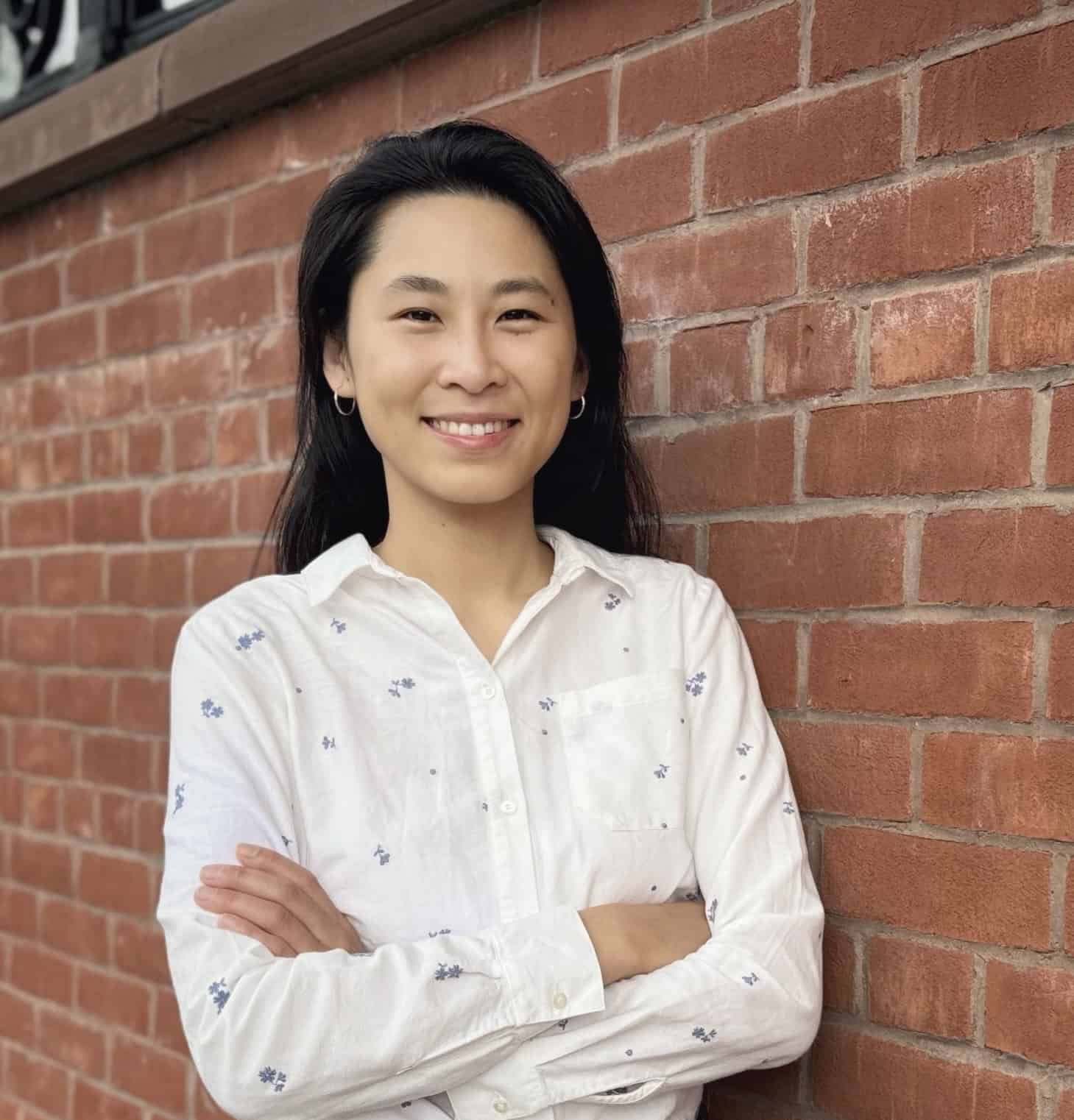Students are already using AI, and they want to know how to use it ethically and effectively without compromising their learning and academic integrity. Right now, so much student use of AI happens in the shadows — and we need an open, supportive space for discussion that encourages transparency.
What is appropriate AI use in one assignment/project in one subject might be counterproductive in another. One-size-fits-all policies don’t capture the contextual nuances across learning contexts (e.g., subject, learning objectives). AI evolves rapidly, and so should classroom AI policies.
Responsive AI policies aren’t written by administrators or teachers alone. Students must be invited to co-create and negotiate these rules through open discussion so they have more buy-in, a clearer understanding of the reasoning behind these policies — and ownership.
This webinar explores responsive AI policies as they relate to:
- Learning context: The same AI use can be appropriate or inappropriate depending on the learning objectives or subject areas.
- Developmental stage: Younger learners need different protection and scaffolding compared to teenagers or adult learners.
- Value and beliefs: Create safe, open spaces for dialogue in which diverse values and beliefs are made visible to reach a shared understanding.
- Technological development: As AI capabilities rapidly evolve, policies need built-in mechanisms for regular review to stay current and relevant.

